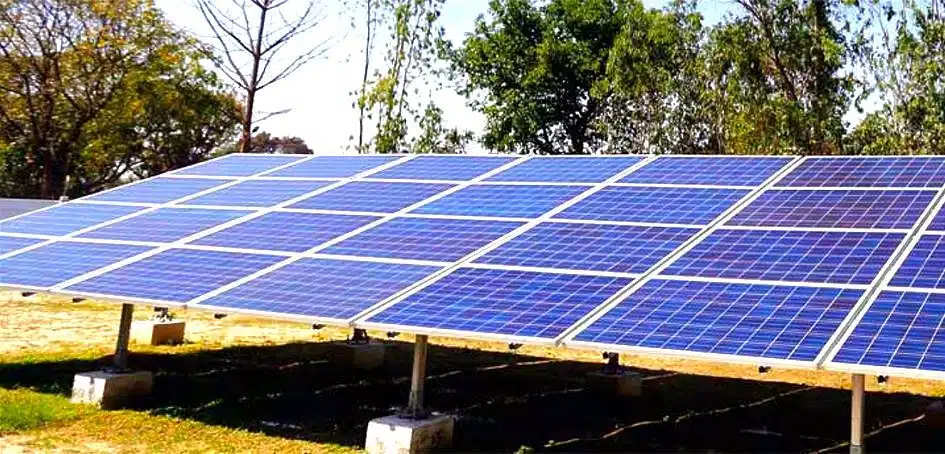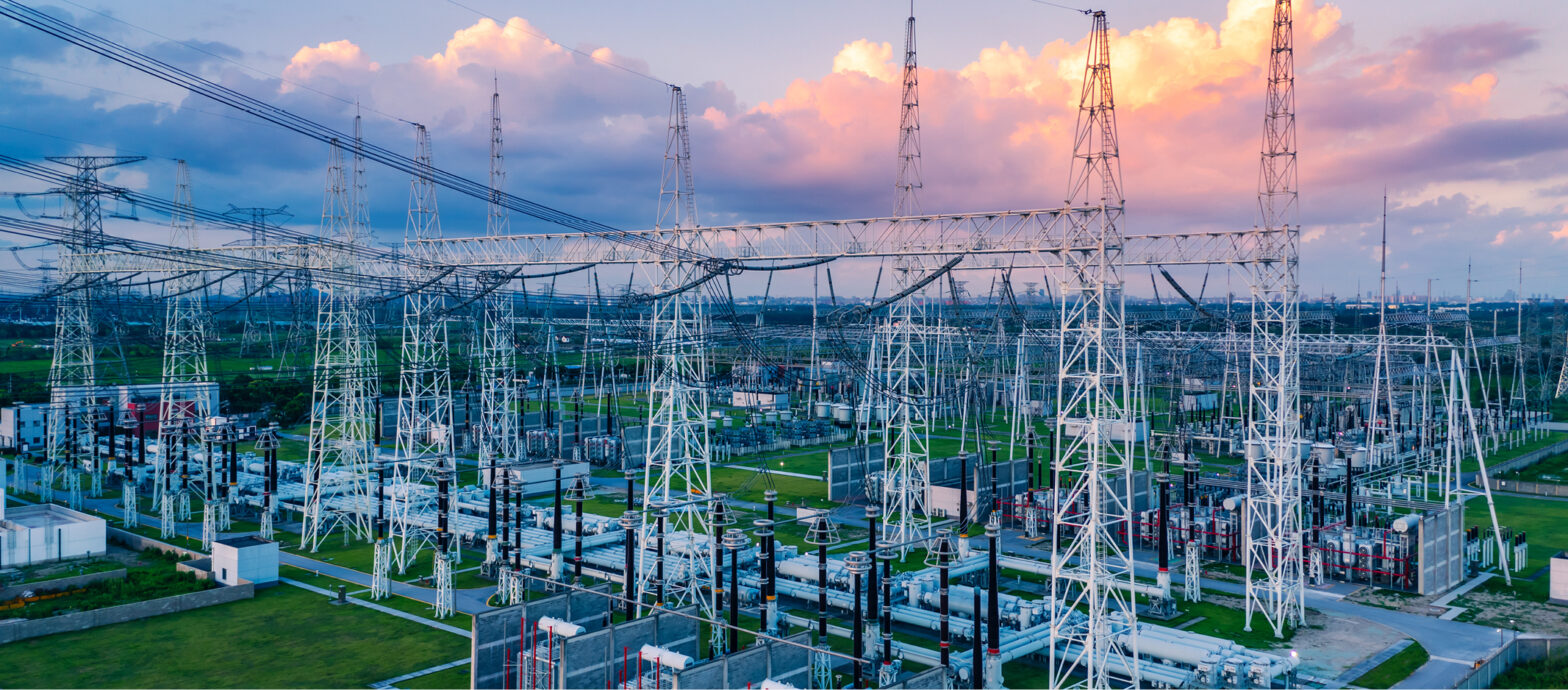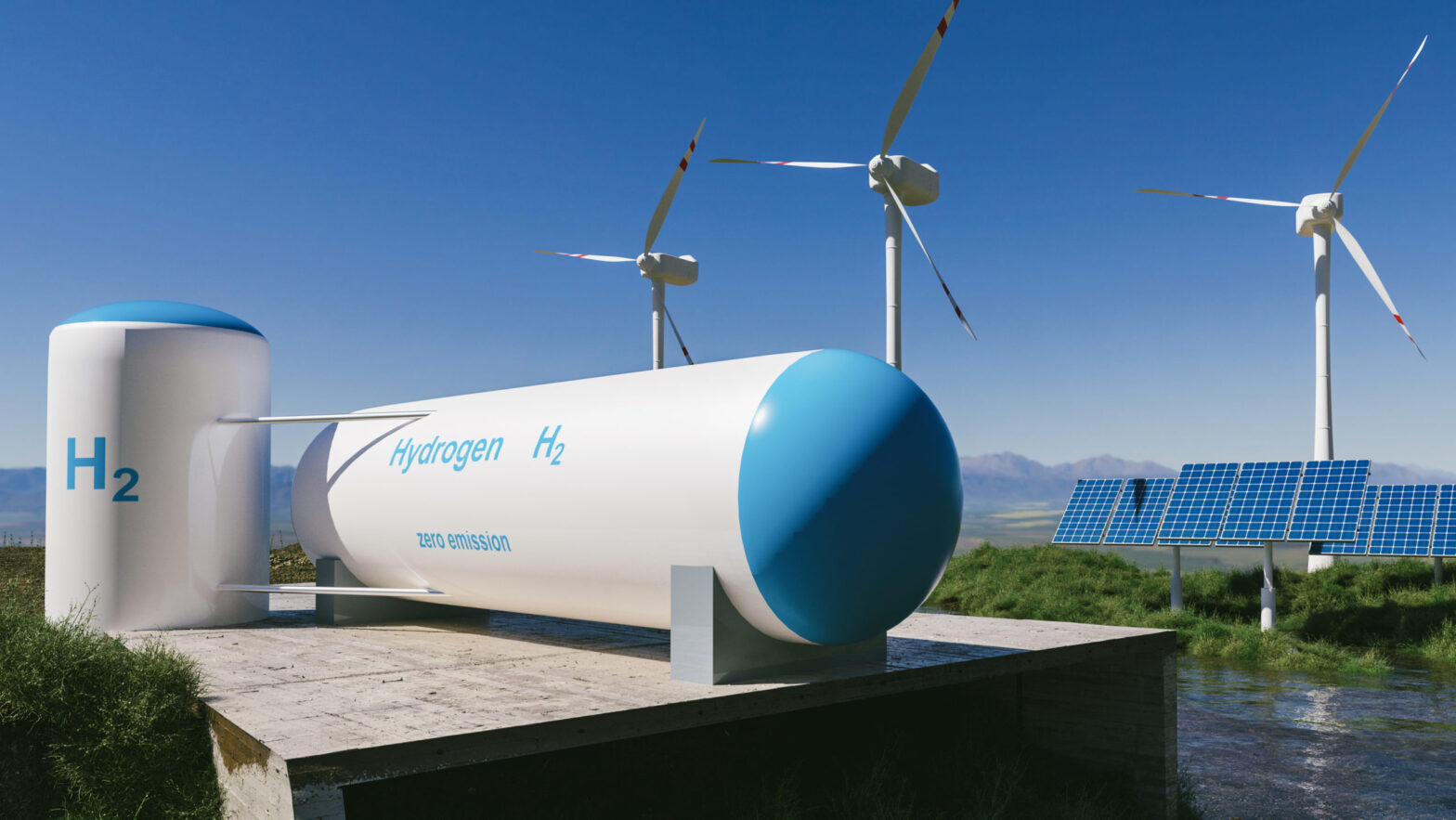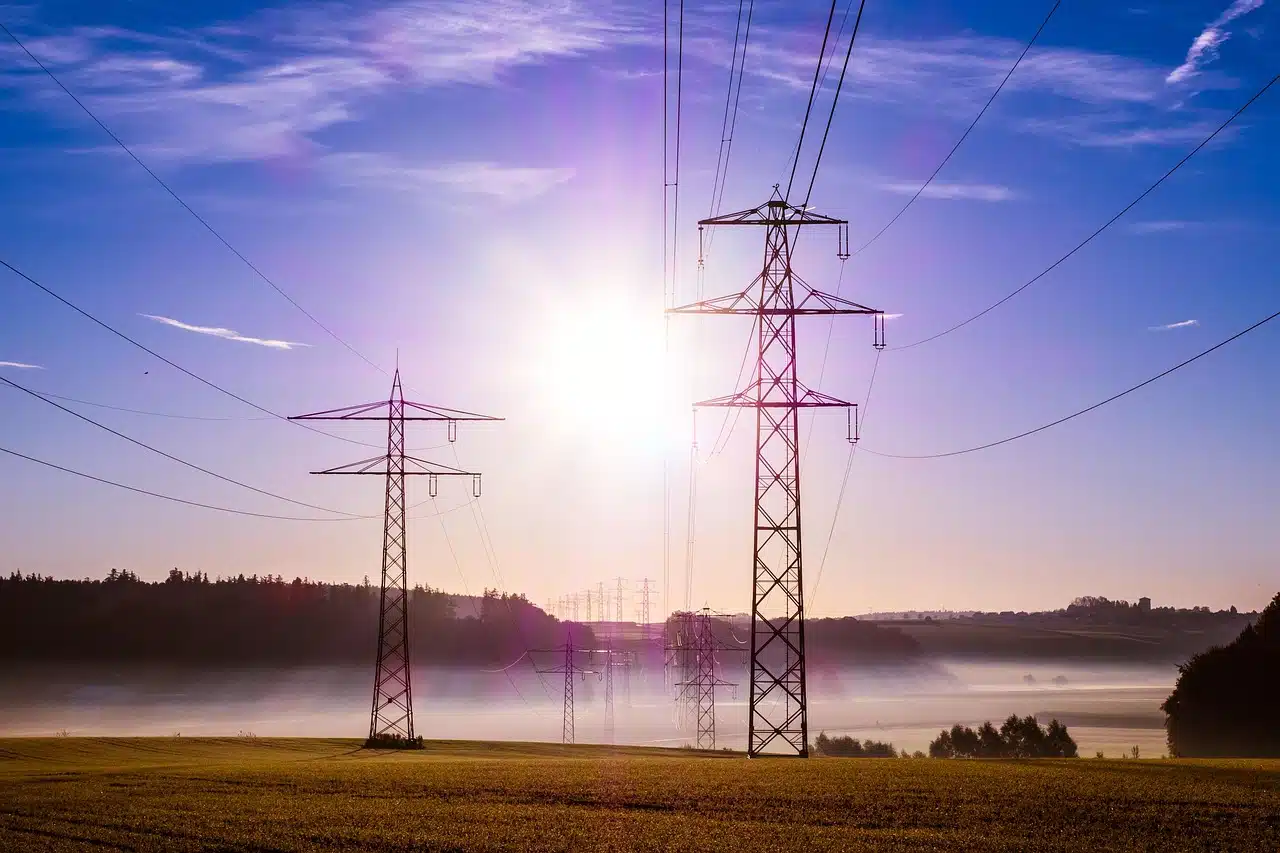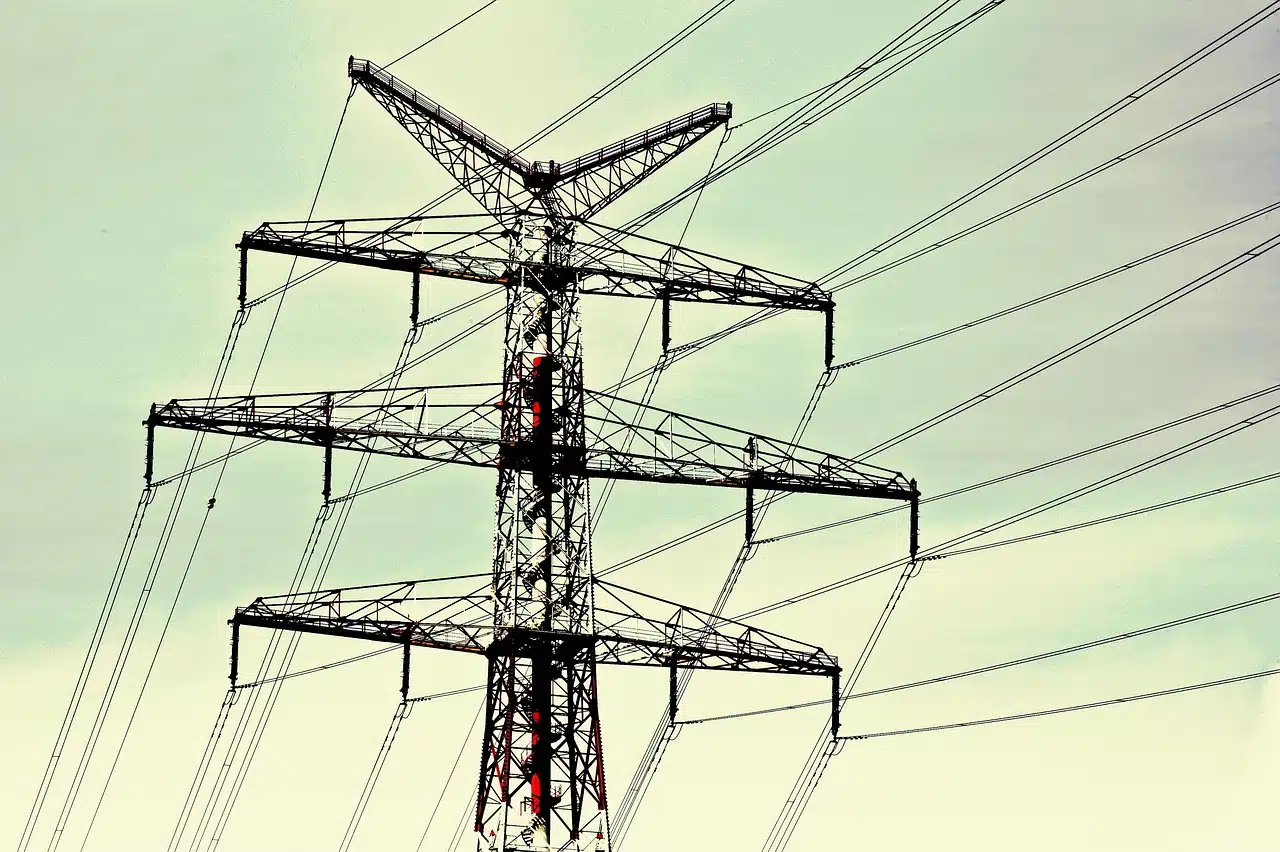The Nigerian Electricity Regulatory Commission (NERC) has introduced a new tariff model for mini-grid installation and operations in the country.
The announcement was made through a statement shared by the Commission on its official X handle (formerly Twitter) on Friday.
According to NERC, the new model is based on the African Forum for Utility Regulators (AFUR) mini-grid tariff tool.
The Commission explained that the tool, developed in collaboration with AFUR and other key stakeholders, is designed to improve the process of determining cost-reflective tariffs for mini-grid projects in Nigeria.
“The Nigerian Electricity Regulatory Commission (“Commission”) is pleased to announce the formal adoption and release of the African Forum for Utility Regulators (“AFUR”) mini-grid Tariff Tool. The tool, developed in collaboration with AFUR and key stakeholders, enhances the process of determining cost-reflective tariffs for mini-grid projects to ensure fair and efficient pricing.
“The tool supports implementing the amended Mini-Grid Regulations 2023 by introducing new features such as Portfolio Applications, which allows developers to register multiple mini-grid sites under a single application.
“This simplifies processes, fosters efficient regulatory oversight, and benefits from economies of scale, helping to reduce end-user tariffs for mini-grid projects,” NERC said.
The new model will take effect from Monday, December 2024, NERC added.
NERC also advised mini-grid developers to download the tool from its website, noting that it will now be required as part of the permit application process.
The tool can be downloaded from NERC website.
More details on mini-grid installation in Nigeria
A mini-grid is a small-scale, localized energy grid that provides electricity to specific communities, villages, or groups of consumers.
Typically designed to operate independently from the main national grid, it serves a limited number of users.
Mini-grids are often developed to harness renewable energy sources such as solar, wind, hydro, and biomass.
The adoption of mini-grid systems as an alternative power source has become increasingly popular in Nigeria, particularly as the national grid has faced frequent collapses this year.
Many small businesses, especially in areas with limited power supply and grid penetration, have turned to mini-grids as a more reliable energy solution.

